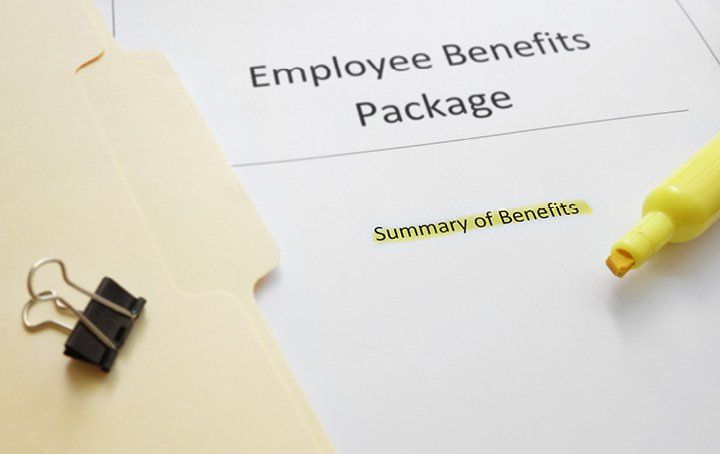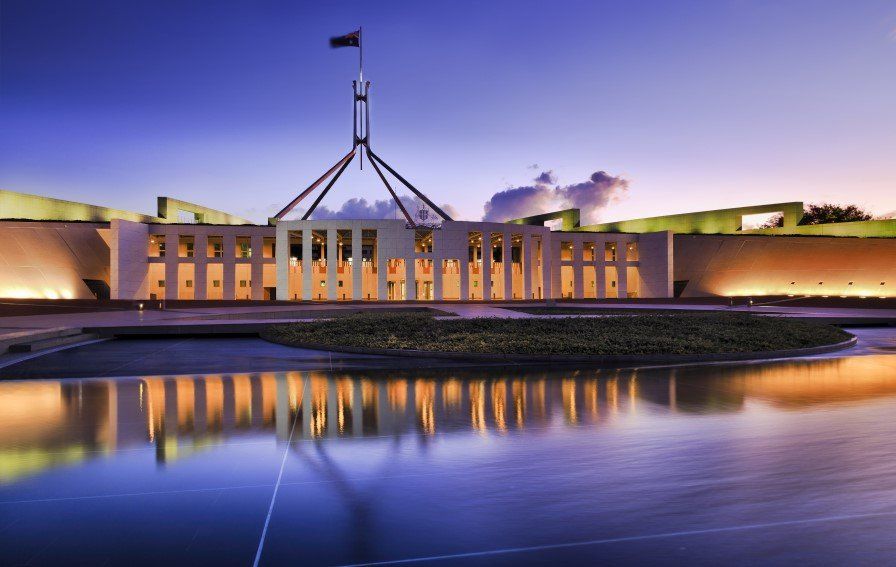Special Federal Budget Edition 2023-24

‘Ace in the Hole’ Budget 2023-24
The ‘ace in the hole’ of the 2023-24 Federal Budget was the $4.2bn surplus; the first in 15 years.
The surplus was driven by a surge in the corporate and individual tax take. High commodity prices, inflation, and high employment have all pushed up corporate and individual tax receipts. But the gains can't be relied on long term. The Budget is expected to deliver a deficit of $13.9 billion in 2023-24, and a $35.1bn deficit in 2024-25.
Social initiatives dominated the Budget:
· Energy bill relief for some households and small business
· Encouraging doctors to offer bulk billing by tripling the incentive for children under 16, pensioners and other Commonwealth card holders
· Increases to commonwealth rent assistance
· Increases to JobSeeker and other income support payments
· Expanding access to the single parenting payment
Tax Cuts
The legislated stage 3 tax cuts legislated to take effect on 1 July 2024 remain in place. Stage 3 radically simplifies the tax brackets by collapsing the 32.5% and 37% rates into a single 30% rate for those earning between $45,001 and $200,000.
How the budget will impact Small Business
The government will reward small business owners with a range of financial measures to encourage investment and assist with cash flow. These measures will suit some, certainly the smaller taxpayer. However, they may not be generous enough as an alternative for many of the existing incentives that are due to cease.
1. $20,000 small business instant asset write-off
Small businesses, with an aggregated turnover of less than $10 million, will be able to immediately deduct the full cost of eligible depreciating assets costing less than $20,000 that are first used or installed ready for use between 1 July 2023 and 30 June 2024.
2. $20,000 small business incentives for energy efficiency
As previously announced, the Small Business Energy Incentive provides an additional deduction of 20% of the cost of eligible depreciating assets that support electrification and more efficient use of energy. Businesses will be encouraged to buy energy-efficient fridges, electric cooling systems, batteries and other assets that “support electrification and more efficient use of energy.”
Small businesses also get energy bill relief as part of a scheme primarily directed at welfare recipients.
3. Lowering tax instalments for small business
Normally, GST and PAYG instalment amounts are adjusted using a GDP adjustment or uplift.
In 2022-23, the Government reduced this uplift factor to 2% instead of the 10% rate that would have applied. And now for 2023-24, the Government has set the uplift factor to 6% instead of the 12% rate that would have applied.
4. ‘Payday’ super – Increasing payment frequency of employee super
As previously announced, from 1 July 2026, employers will be required to pay their employees’ super guarantee entitlements on the same day that they pay salary and wages. Currently, SG is paid quarterly.
5. Hybrid cars excluded from FBT exemption for electric cars
As previously announced, plug-in hybrid electric cars will be excluded from the fringe benefits tax (FBT) exemption for eligible electric cars from 1 April 2025.
There was no mention of the loss carry back rules for companies, suggesting that these rules will expire on 30 June 2023, along with the temporary full expensing rules. The loss carry back rules allow eligible companies to apply tax losses against taxable profits made in certain previous income years, rather than carrying them forward to future years.
There is no mention of the simplification of Division 7A - Division 7A captures situations where shareholders access company profits in the form of loans, payments or the forgiveness of debts. The 2016-17 Federal Budget proposed changes to reduce the compliance burden of Division 7A. These changes were initially meant to apply from 1 July 2018 but were deferred a number of times, before the Government announced that any changes would commence from the start of the income year following the date on which the changes receive Royal Assent. Aside from a Treasury discussion paper released back in October 2018, this issue remains in limbo.
The Budget also doesn't refer to either the Skills and Training Boost or the Technology Investment Boost. These measures, announced by the previous Government, would provide a bonus deduction equal to 20% of qualifying expenditure if the legislation containing these measures is passed in its current form (Treasury Laws Amendment (2022 Measures No. 4) Bill 2022). The Technology Investment Boost is aimed at expenditure incurred between 7:30pm (ACT) on 29 March 2022 and 30 June 2023. The Skills and Training Boost is aimed at expenditure incurred between 7:30pm (ACT) on 29 March 2022 and 30 June 2024.
We’ll keep you up to date as the detail of these measures comes to hand.
To read the Budget in detail please click here
If we can assist you to take advantage of any of the Budget measures, or to risk protect your position, please let us know.
As always, we’re here if you need us! Please call us 07 3289 1700 or email us reception@rgaaccounting.com.au
IMPORTANT: This communication is factual only and does not constitute financial advice. Please consult a licensed financial planner for advice tailored to your financial circumstances. Please also note that many of the comments in this publication are general in nature and anyone intending to apply the information to practical circumstances should seek professional advice to independently verify their interpretation and the information’s applicability to their particular circumstances. Should you have any further questions, please email us at RGA Business and Tax Accountants at reception@rgaaccounting.com.au . All rights reserved. Brought to you by RGA Business and Tax Accountants. Liability Limited by a scheme approved under Professional Standards Legislation














